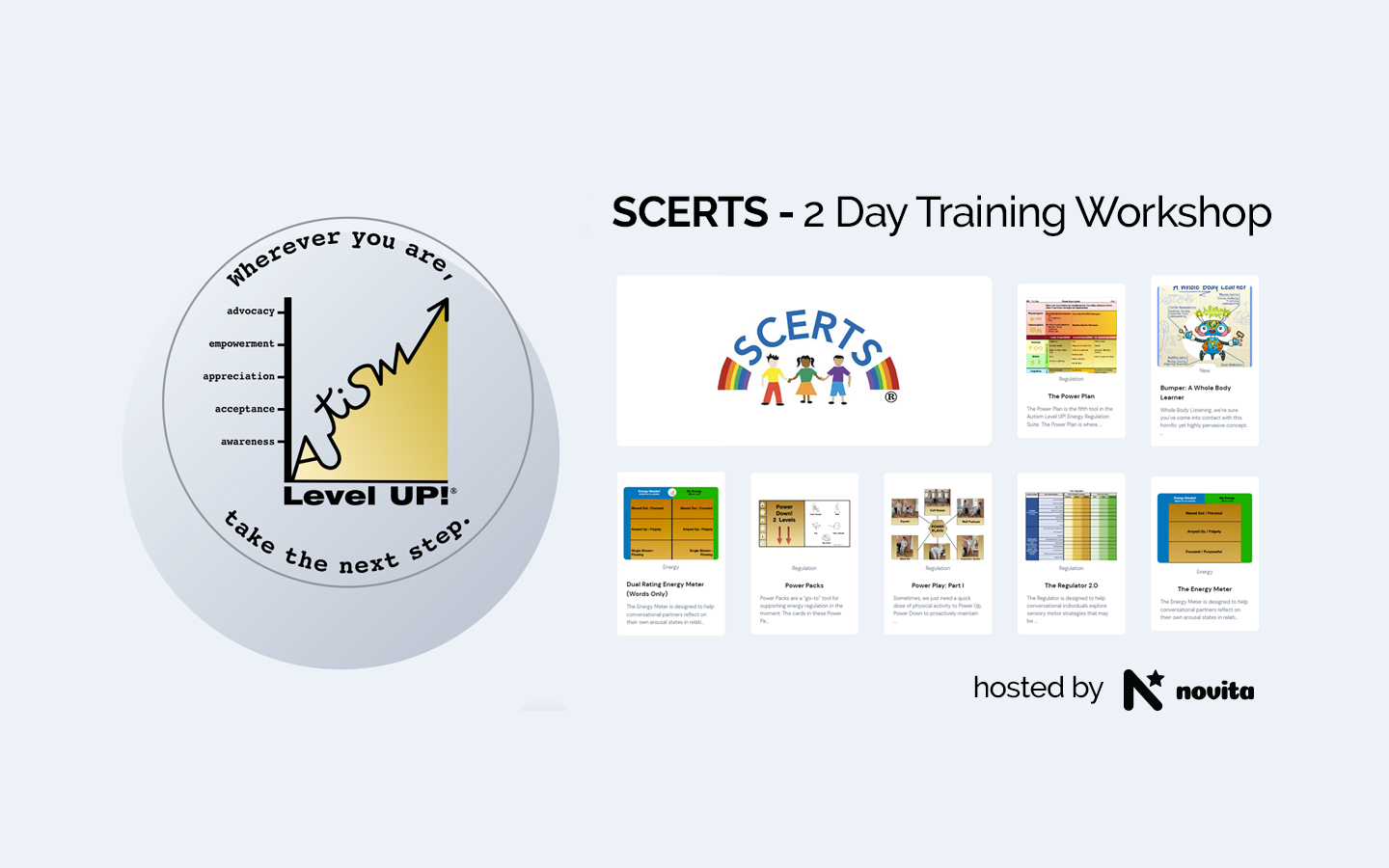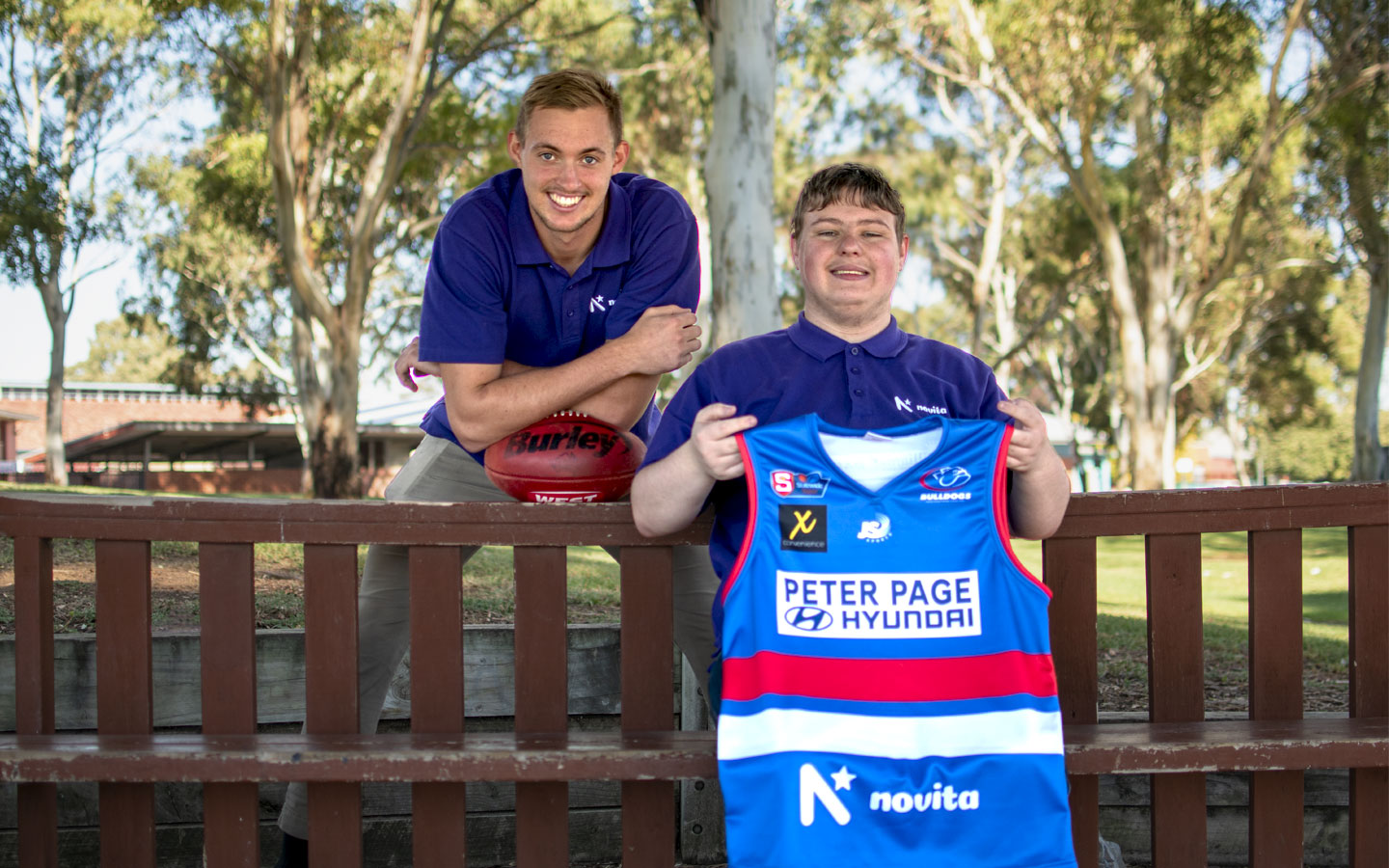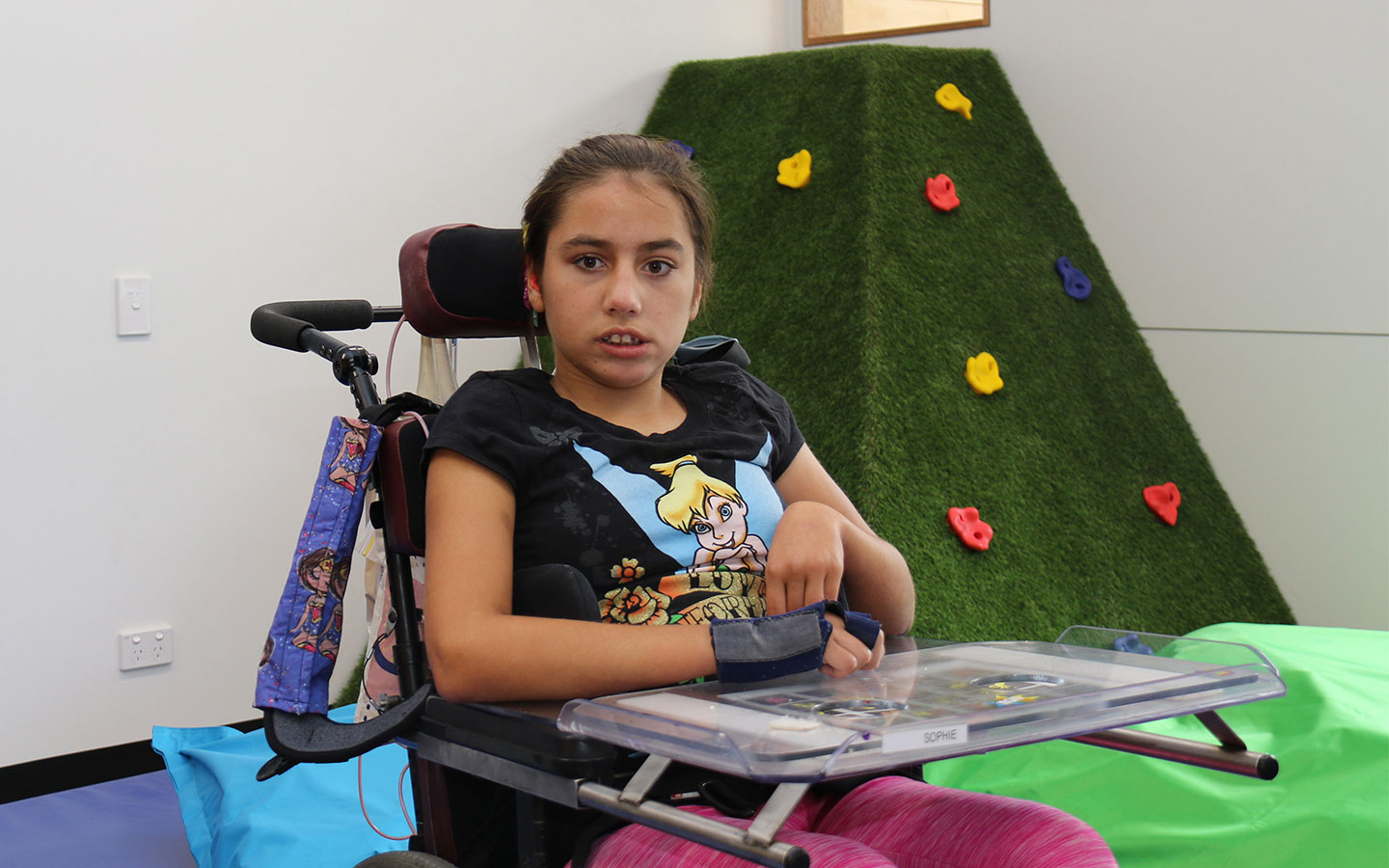Events
Novita Evolve conference
access_time15min read

Evolve conference
The EVOLVE Conference is back for 2024 with an amazing line-up of speakers!
Join us on Friday 31 May 2024 to explore the latest thinking, research in disability and therapy-related topics to shape the future of therapy. Our theme of fostering partnerships and collaborations within local communities will be interwoven throughout the day’s workshops and presentations.
This year we are thrilled to announce our Keynote Speakers, Denise Luscombe (ECI Consultant, Director Postural Care Australia, Paediatric Physiotherapist and Board Member PRECI) and Sam Paior (A parent, service provider and employer of those with lived experience ).
We will also hear from some of our very own, Novita session presenters, covering the latest on approaches to early childhood intervention, innovations in assistive technology, research, communication, cerebral palsy, and more.
This event is open to allied health clinicians, providers, community members and students, offering a prime opportunity to develop new skills and ideas while networking with industry professionals and community members. Get your tickets now to make sure you are a part of a full day of learning, growth and collaboration.
Buy Tickets


Program At A Glance
8:30 am – 9:00 am
Arrive, chieck-in and coffee
9:00 am – 9:15 am
Welcome to Country
9:15 am – 10:30 am
Key Note Speaker: Denise Luscombe
Collaboration and Partnerships
10:30 am – 11:00 am
Morning tea
11:00 am – 11:45 am
Key Note Speaker: Sam Paior
A parent, service provider and employer of those with lived experience
11:45 am – 12:30 pm
Stories of lived experience
12:30 pm – 1:15 pm
Lunch + Come and Try sessions
1:15 pm – 2:30 pm
Concurrent session 1: Approaches to Early Childhood
Concurrent session 2: Collaboration in Assistive Technology
Concurrent session 3: Cerebral Palsy lifespan perspectives
2:45 pm – 3:00 pm
Afternoon tea
3:00 pm – 4:30 pm
Concurrent session 4: Partnerships in Education and Childhood
Concurrent session 5: Postural care through the lifespan
Concurrent session 6: Participation and Collaboration: A different lens
4:30 pm
Post-conference refreshments and networking
Buy Tickets
Sessions In Detail

Approaches to Early Childhood
Concurrent session 1
Empowering families in a flexible group setting
– Kate Nicholson and Renata Stift
Building the Capacity of All
Being a Key Worker and implementing evidence-informed practice in Early Childhood Intervention
– Denise Luscombe

Collaboration in Assistive Technology
Concurrent session 2
Empowering Personalised Learning In Diverse Classrooms
Texthelp (Read&Write) Digital Tools for Inclusive Learning
In today’s diverse classrooms, it is more important than ever to create learning environments that accommodate, foster, and challenge all learners. Educational technologies can empower students to self-select the supports they need, effectively personalising their own learning in the process. Explore how utilising digital tools helps support personalised learning and learner agency. With a focus on accessing information, processing meaning and expressing understandings.
– Rachel Coathup (Texthelp)
Collaborative approaches to Assistive Technology and Restrictive Practices
A Collaborative approach is needed where Assistive Technology (AT) is or might be, a Restrictive Practice (RP). Sometimes the use of Restrictive Practices is necessary for safety and wellbeing. At other times, AT can be misinterpreted as being an RP or it is unclear whether it could be an RP. This session will discuss the steps that need to be taken in these situations in order to ensure that the safest and least restrictive option is put in place using best practice and ensuring that the authorisation requirements are met. AT assessors and PBS Practitioners working closely together is key, as is documentation. The session will discuss what are the reasonable steps in this collaborative process.
– Belinda Carpenter and Aaron Billing

Cerebral Palsy lifespan perspectives
Concurrent session 3
Early Diagnosis of Cerebral Palsy: learning from a clinic based model
– Jane Berry (Cerebral Palsy Alliance)
Development and testing of two chronic pain assessment tools for children and young adults with cerebral palsy
– Meredith Smith
Insights into living with CP as an adult – a focus on physical activity and mobility
– Amy Hogan
Afternoon Tea Break

Partnerships in Education and Childhood
Concurrent session 4
C is for Collaboration: Working effectively in the school environment.
– Sarah Kennedy (TALK Speech Pathology) and Stephanie Eustace (Psychologist, St Peters Woodlands)
We all speak PODD: one school’s journey with inclusive education.
– Courtney Hanley (teacher), Lauren Hindle (ESO) and Sophia Tume (student, Hills Christian Community School)
Building Community Connections to Support Regional Young Children and Families in Whyalla, South Australia
– Ellen Rowley
The Buzz and Woody of Collaboration: Speech Pathologists and Teachers Navigating the Communication Galaxy in Schools
– Clare Coulter (Flinders University)

Postural care through the lifespan
Concurrent session 5
Prevention is better than cure across the lifespan
– Denise Luscombe

Participation and Collaboration: A different lens
Concurrent session 6
On prizing the person
– Lorna Hallahn
The Experiences of Individuals Accessing Personalised Disability Funding Schemes: A Scoping Review
– Jess Charlton
Providing therapy in Community Programs
– Anna Chapple
Building Capacity Through Understanding Behaviour
– Neda Sipovac
Buy Tickets
At Novita, we’re proud of our Therapy Learning Program and we are always looking for opportunities to share and learn together for the benefit of our clients and the local community. We have released a limited number of tickets for external attendees to purchase and attend our Evolve conference and Building the Capacity of All – two-day training workshop.
The Evolve conference and two-day training workshop will provide education and information around great practice, whilst hearing from a range of voices, and sharing different perspectives.
Don’t miss out on this opportunity to learn from the best in the industry and connect with like-minded professionals. We look forward to seeing you there!


